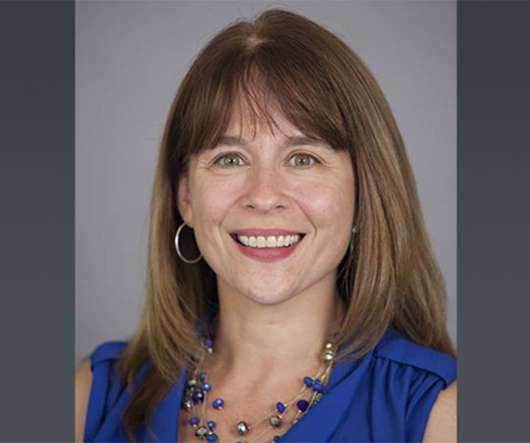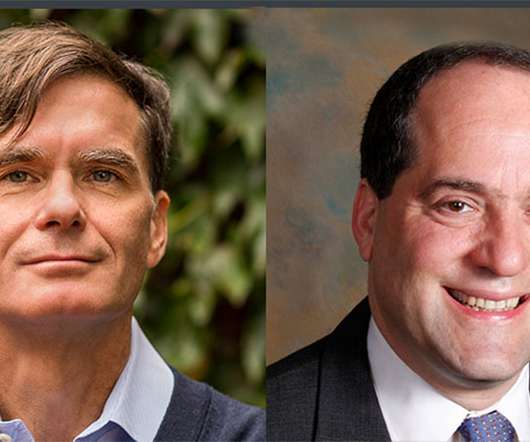What Does Behavioral Health Provider Practice in Primary Care Look Like? [Behavioral, psychosocial, and mental illness]
Annals of Family Medicine
NOVEMBER 20, 2024
Setting: Seven family medicine practices in one Colorado USA health system. BHPs interacted with practice team members of all roles, but spent the most time consulting with medical providers, social workers, care managers, and nurses. Analysis involved descriptive statistics and a qualitative modified rapid matrix approach.















Let's personalize your content